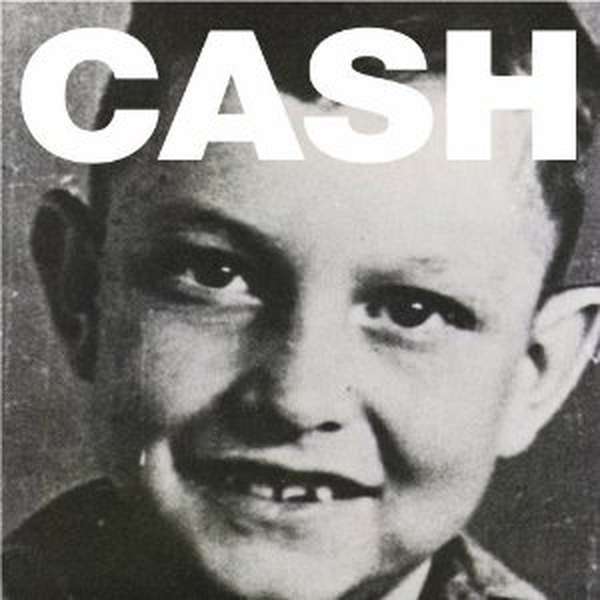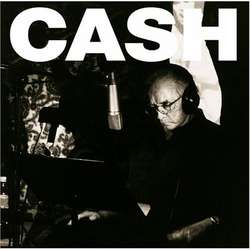What an undeniably excellent surprise! American VI: Ain't No Grave is the remaining recordings (from the same sessions that produced American V: A Hundred Highways) that Johnny Cash made just prior to his death on September 12, 2003 (wow it seems such a long time ago now that I see that date), and I must admit that it is excellent to have one last Johnny Cash album, particularly knowing that this album was due out back when the previous album was released.
Beginning with the stark and powerful "Ain't No Grave" (which would certainly make the list of songs on my personal best of Cash's American albums), American VI: Ain't No Grave is more austere sounding album with a more simple production quality than its immediate predecessors. Cash's vocal performances vary from relatively strong to rather weak sounding, which adds a neat texture to each of the tracks in this collection of songs. The musical performances, while understated, are an integral part of the album and provide quite the vehicle for the stately sound of Cash's voice; mostly an acoustic guitar album with smatterings of piano, organs, and keyboards (though The Avett Brothers' contributions (banjo, footsteps, and chains) to "Ain't No Grave" is a highlight of the record.
American VI: Ain't No Grave sounds surprisingly triumphant and comforting at the same time, though hearing the lines, "Don't look so sad / I know it's over / But life goes on / And this whole world will keep on turning / Let's just be glad that we had some time to spend together / There's no need to watch the bridges that we're burning" from "For the Good Times" certainly may cause even the toughest of men to choke back a sniffle or two; for my part, Cash sounds like a knowing grandfather letting people know that he is indeed in a better place now (wherever that may be). Another highlight of this album would have to be "I Corinthians 15:55" if only because it is the last song that Johnny Cash composed himself to be heard ("Like the 309" from American V: A Hundred Highways is reportedly the last song that he wrote), and while the song has a quality not unlike a church hymnal, it does not drag like some of those old hymns do. "Last Night I Had the Strangest Dream" opens with some of the most powerful lines that Cash sang in his life, "Last night I had the strangest dream / I've ever known before / I dreamed that all the world agreed to put an end to war"; and even though this is not the last song on the album, it carries a strong message with which to close American VI: Ain't No Grave (the last song can be considered a strange coda in that respect).
As the songs here on American VI: Ain't No Grave play, I get the distinct impression that the album feels like a letter to those that John was leaving behind (family, friends, and fans) that was meant to ease all our minds, not just about his passing, but also about life in general in the face of adversity. I find myself enjoying this album a great deal, and, though it may not be as strong as some of the other American recordings records, it is quickly finding a special place in my personal hierarchy of Johnny Cash albums. There are some records out there that artists made in the face of death or major adversity (such as the loss of a loved one) that sound and are full of moods like grim resignation or anger or defiance; American VI: Ain't No Grave sounds nothing like these, but rather the purveying mood of the record is a calm and stately reserve that seemingly comes from Cash's experience and faith as well as hope.

